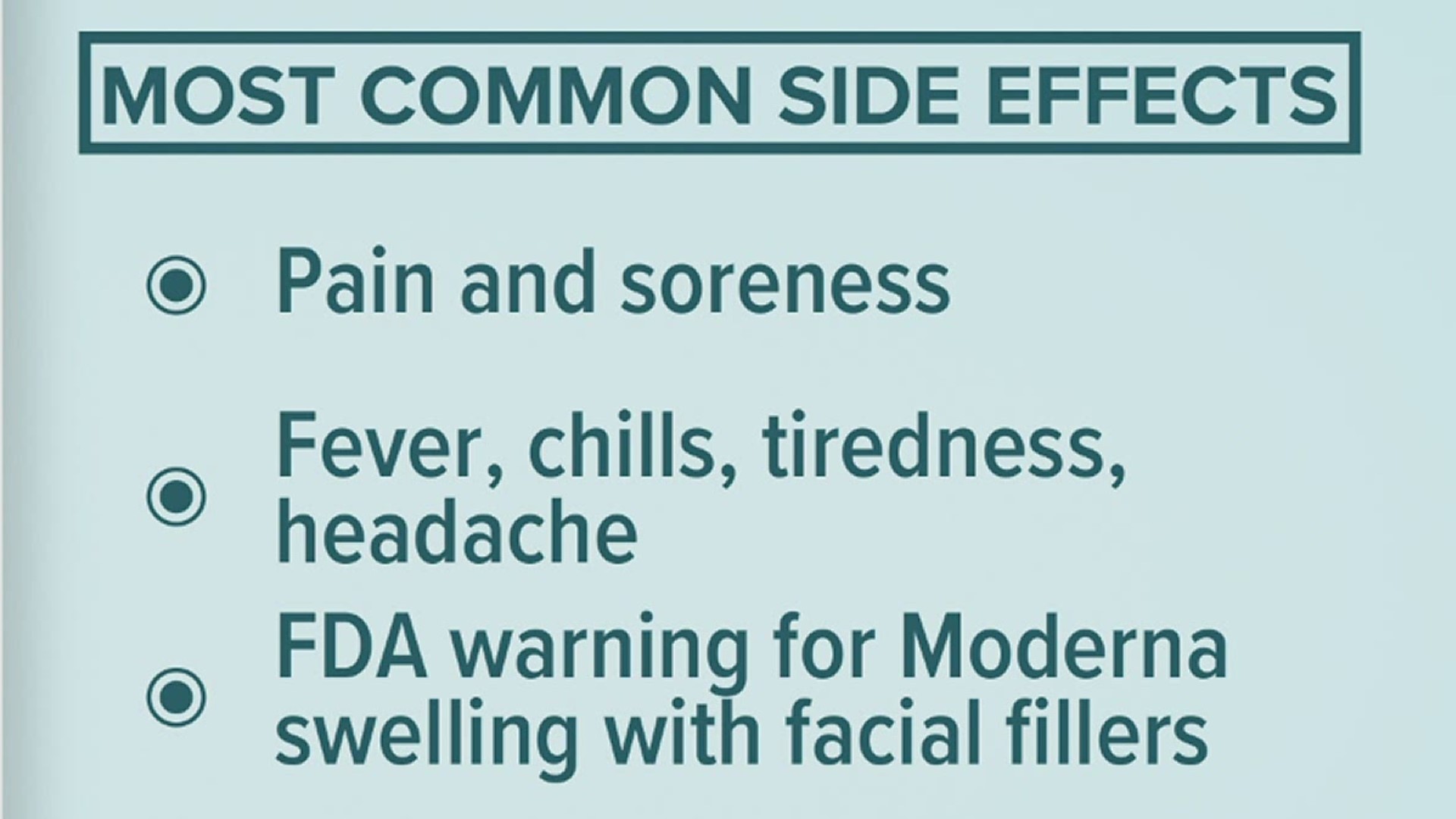
The symptoms of an allergic reaction would usually occur within 15 minutes after getting a dose of the vaccine, and include: There is a very small chance (0.001%) that the vaccine could cause an allergic reaction.

Ingredients of the COVID-19 vaccines that could cause an allergic reaction: Some of these ingredients may lead to allergic reactions, but it is important to note that these ingredients are fairly common and found in many other vaccines and medications. The COVID-19 vaccines contain various ingredients (such as lipids) that are needed to keep the vaccine stable so that the body builds an immune response against the virus. Can the vaccine cause an allergic reaction?Īll vaccines and medications carry a risk of causing allergic reactions. Without the second dose, the body may not be protected enough to prevent an infection from the virus. Again, it means that the vaccine is working and the body is building defenses against the virus. This happens because your body quickly recognizes the vaccine and can build a stronger immune response with the second dose. This has been reported by healthcare workers who were the first to receive the vaccines in the U.S., and also in the clinical trials. Based on reports to VAERS, common side effects of the COVID-19 vaccines can include:Īre side effects more common after the second dose?įor COVID-19 vaccines that require two doses, the second dose of the vaccine may cause more of the common side effects listed above than the first dose. The VAERS (Vaccine Adverse Event Reporting System) is a system that tracks side effects of vaccines given throughout the country. Common Side Effects of the COVID-19 Vaccine While many people report no side effects from the vaccine, you may feel some symptoms, which means that the vaccine is working. The vaccine causes the body to have this immune response as a way to build its defenses against the virus - and this immune response may make some feel sick. This can help us understand why some may experience side effects after getting a vaccine. If your body ever identifies the real thing, it has the defenses needed to protect you. In response, your body creates antibodies that are specifically designed to attack this virus.

This material tricks your body into thinking you have the live and working virus. Vaccines work by introducing material to your body that looks like a virus but won’t make you sick. This is called immunity, and it’s why you often don’t get sick from the same illness twice.
#DIZZINESS MODERNA SIDE EFFECT HOW TO#
Your body keeps these antibodies, which remember how to protect you if they meet the virus again. When your body identifies a virus, it creates defense molecules called antibodies that attack and destroy these germs. While side effects can be uncomfortable, they are actually a sign that the vaccine is doing its job by causing your body to build protection against the coronavirus.

COVID-19, on the other hand, can cause mild to severe symptoms that last days to weeks, and can be fatal. If there had been any severe or long-term side effects of the vaccine seen in the clinical trials, it would not have been released to the public.įortunately, most side effects of the vaccines are mild or moderate, and last one to two days. We know this because it was developed and tested through clinical trials in the exact same way as other vaccines. While some have reported side effects, it’s important to know that the COVID-19 vaccine is very safe. As more and more Americans get the COVID-19 vaccine, more of us have heard firsthand stories about the side effects that can come along with it.


 0 kommentar(er)
0 kommentar(er)
